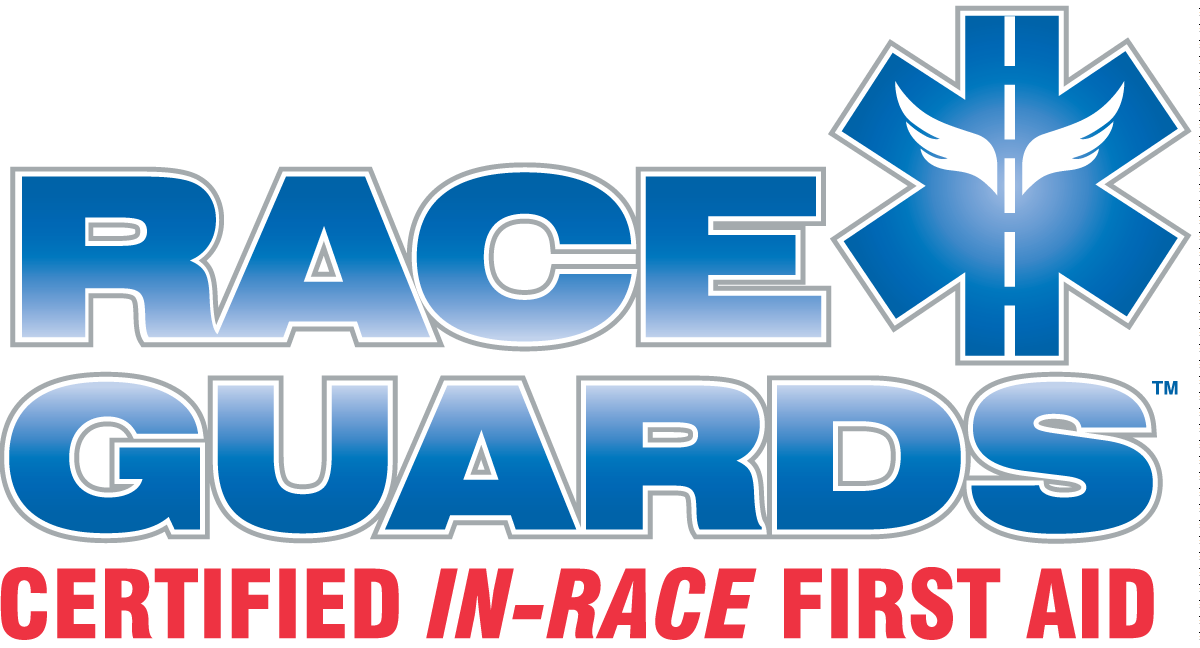Runner's World: Safety First
BY MYLES SCHRAG
APR 10, 2014
Race Guards put trained medical staff every step of the way along a racecourse.
The way Andy Voggenthaler sees it, race participants don't need medical care only at the finish line of an event. They might need help along the way.
He set out to provide it with Race Guards, billed as the only in-race first-aid support organization. The members are health care professionals who combine medical training and an endurance sport background to assist runners at some of the country's largest events, including Rock 'n' Roll marathons and the TriRock Triathlon Series.
Voggenthaler, who has done marathons, adventure races and triathlons, saw a 37-year-old participant die during the swim-to-bike transition at one event. The tragedy got him thinking there should be a way to get medically trained personnel onto racecourses. The Poway, Calif., resident developed the idea of entering clearly identified health care professionals in events to be on the lookout for runners in trouble and ready to act when needed.
HELP WANTED
Voggenthaler tested the idea in March 2012 at the Finish Chelsea's Run in San Diego. He invited EMTs, doctors and physician assistants he knew to come out and be Race Guards. He didn't expect his team to be busy in a 5K, but 13 people needed help, including a diabetic and runners injured from a tangle-up at the starting line.
"All the Race Guards were so stoked to be able to help," Voggenthaler says. "Other race directors were at the event. They reached out to me and asked, 'What do we need to do to make this happen?' "
Race Guards carry a first-aid kit, extra fluid and gels, and they are in contact with the command center. They work in pairs, spreading out to cover the wide range of paces that today's events attract. They run the race but don't record a time, checking in with runners who might be struggling and doubling back at times to get a second look. Race Guards cover anything from blisters to heat stroke to simply providing a supportive voice.
A GROWING MARKET
Voggenthaler and executive director Janice Penrose, an elite masters runner, expect to keep busy. They hope to double the number of Race Guards from the current 600 by late 2014 and plan to work more than 50 events this year, going nationwide from what has thus far been service to mostly western states and Chicago-area events.
"Today there are so many theme races," Voggenthaler says. "The younger generation is all about the social aspect and having fun with their friends, which is great; however, many of these people aren't in shape. It's a huge new dynamic. People get in over their heads."
Of course, even fit participants get into trouble, either through overconfidence or ignorance. "I've seen tons of things happen out on the course, including [to] myself when I was a young buck," Voggenthaler says. "You cramp up and you don't know what to do. If there was somebody with GU or to talk to when you start bonking, so you could finish the race, that would have been great. We're about helping people reach their goal."


